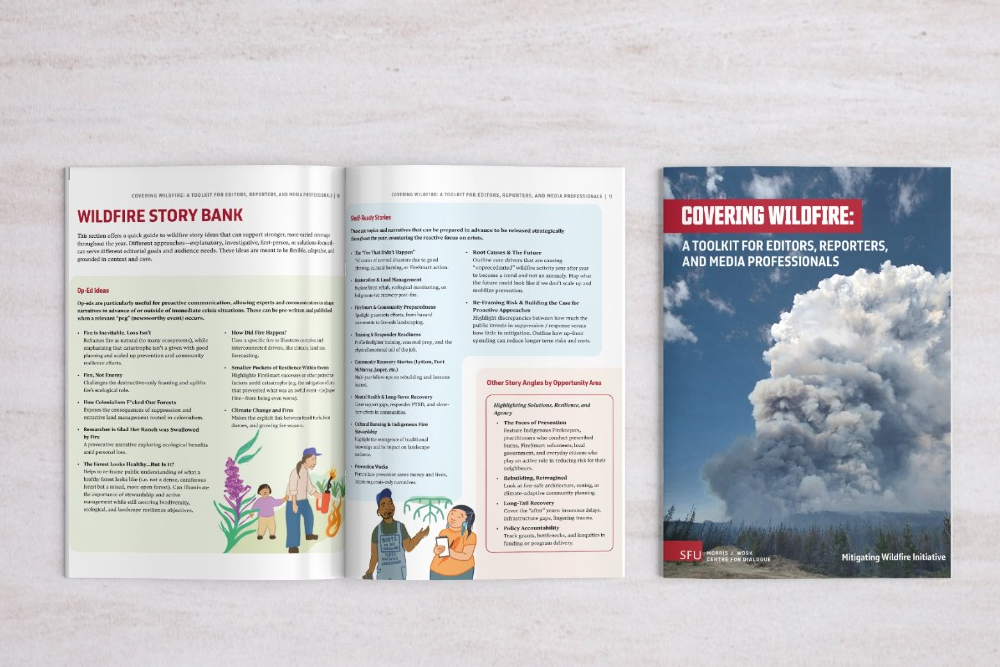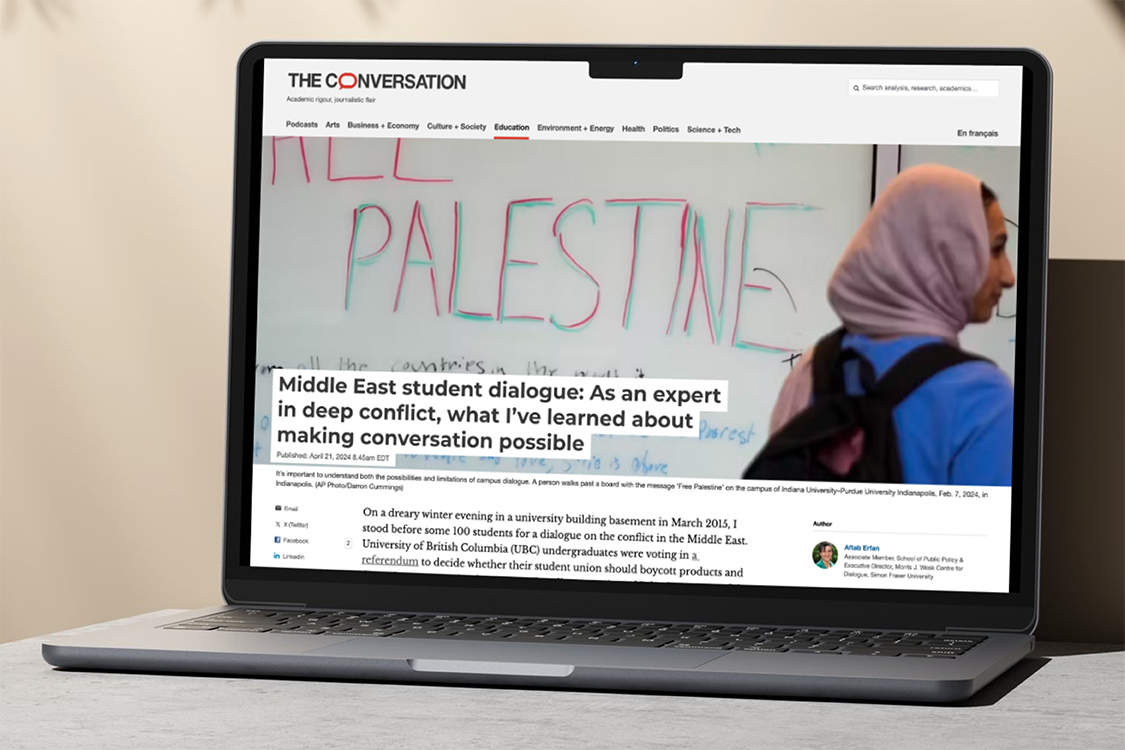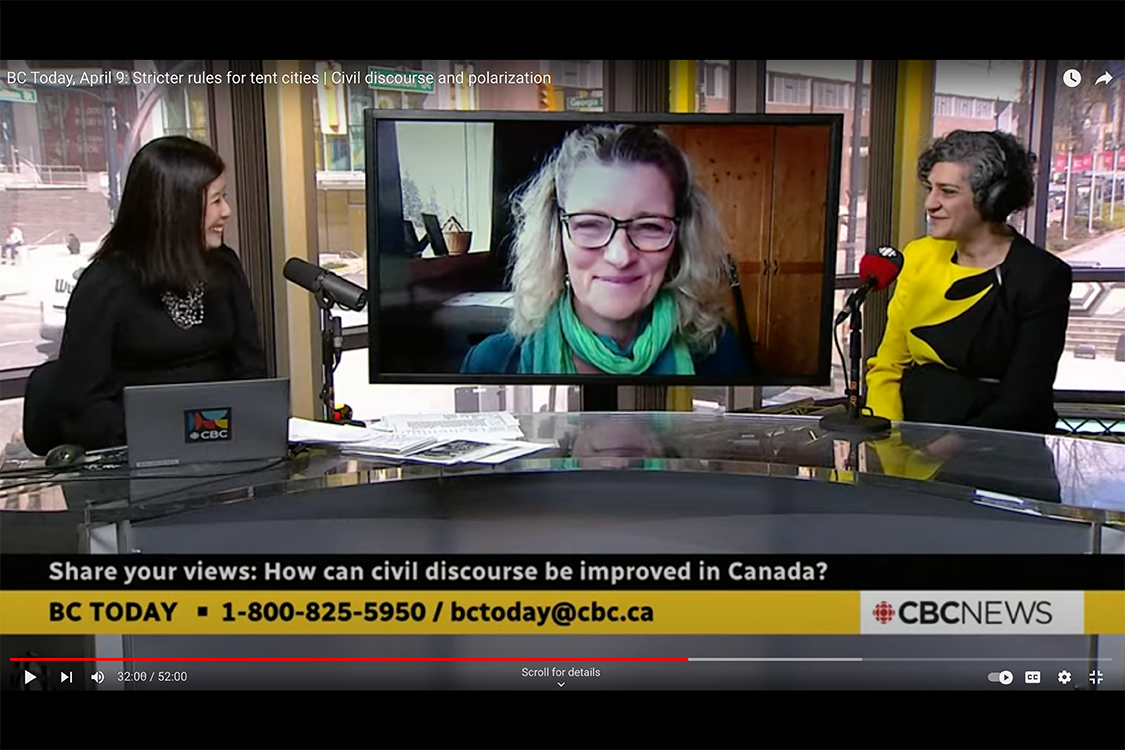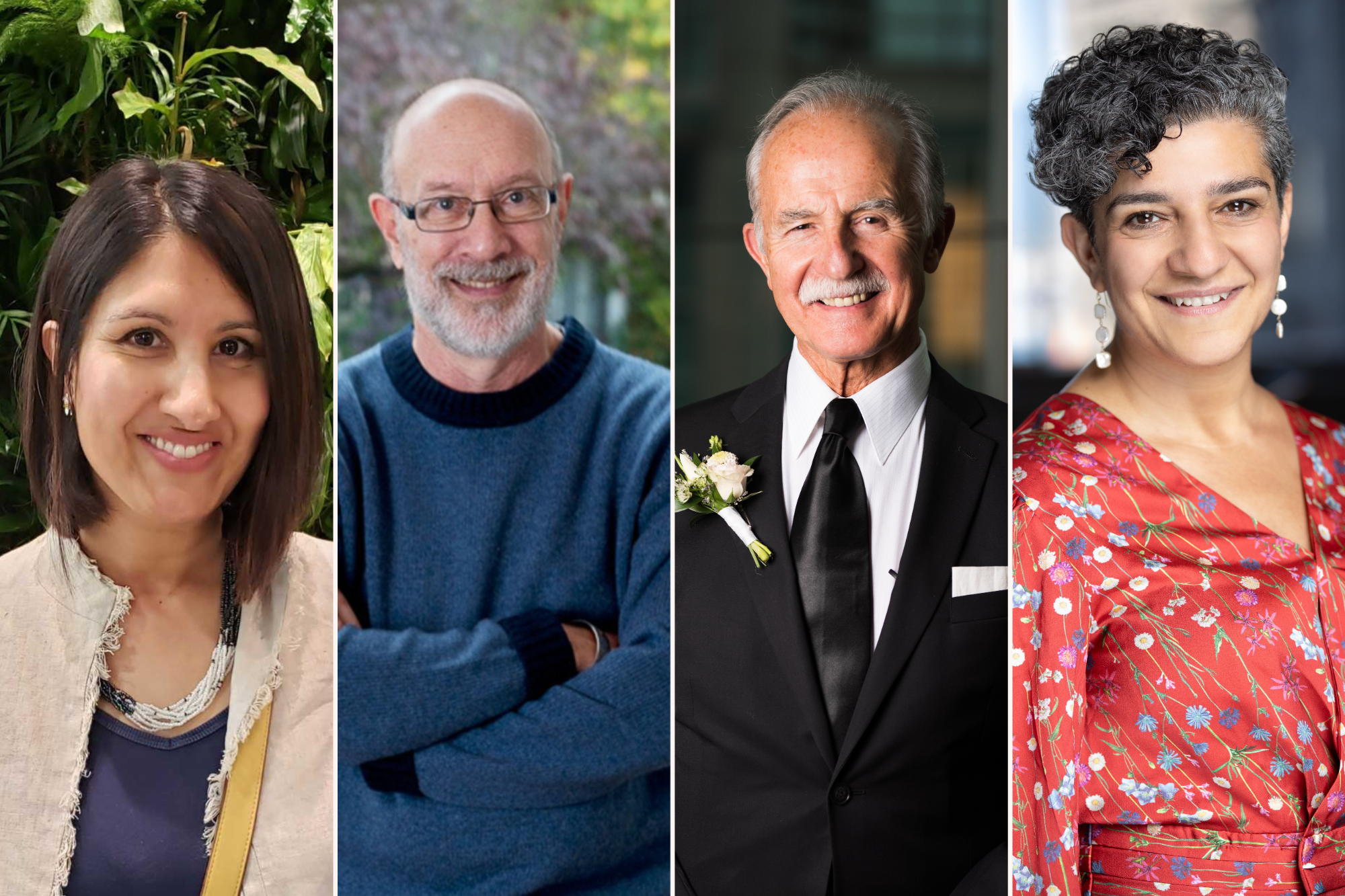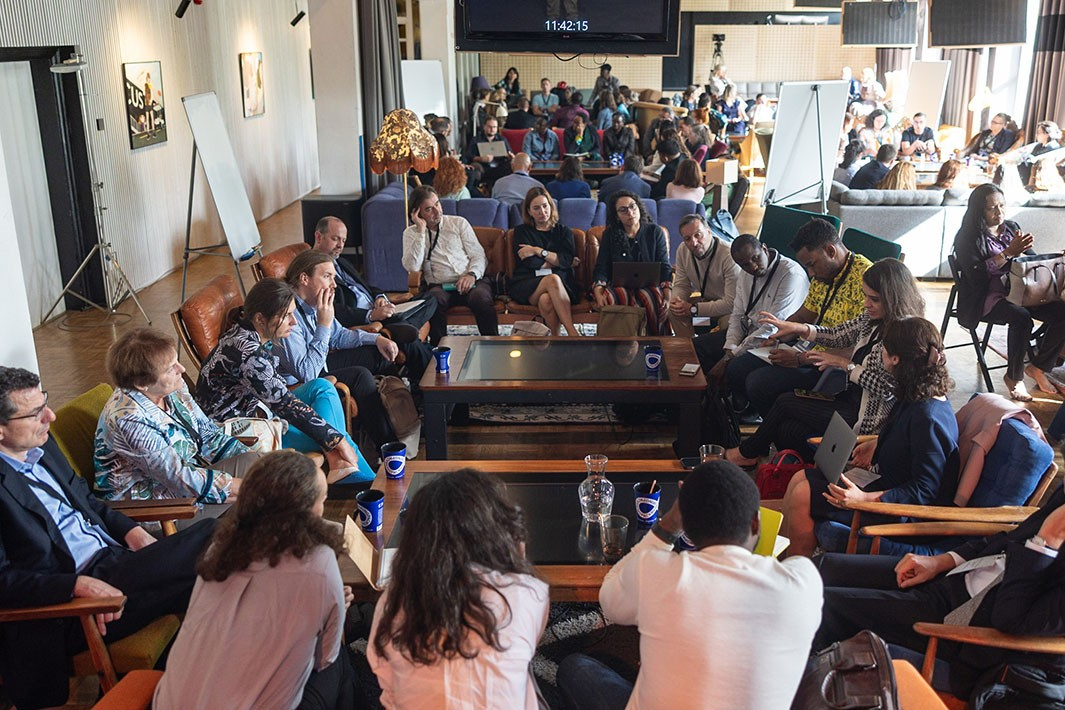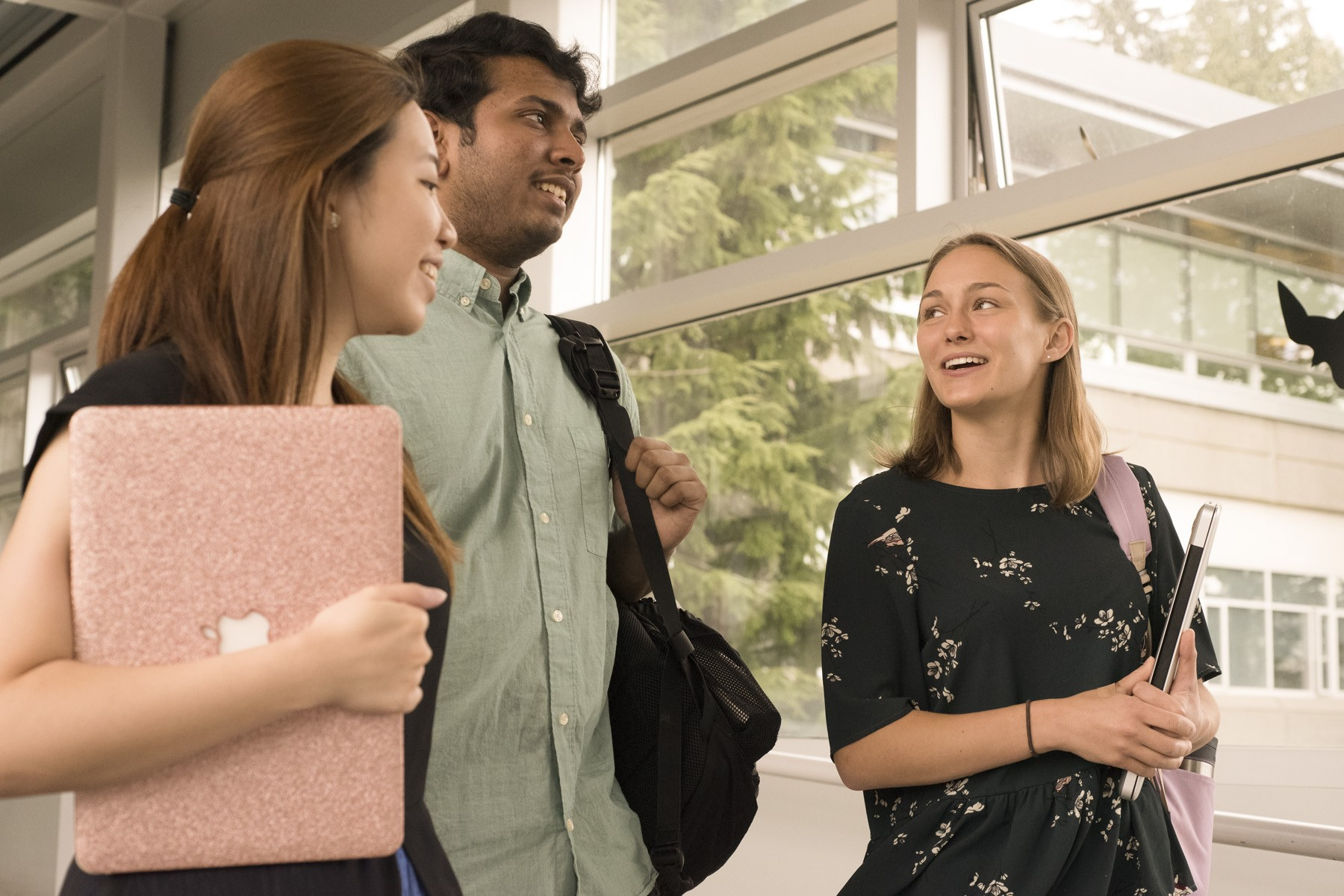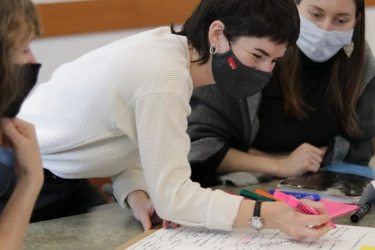- About
- People
- What We Do
- Public Programming
- Initiatives
- When the Map Is Useless
- Cities + Climate
- Mitigating Wildfire
- Moving in a Livable Region
- The Dialogue on Technology Project (DoT)
- Urban Resilient Futures Burnaby
- Action on Climate Team
- Clean Energy Canada
- Hey Neighbour Collective
- New Economy Canada
- Renewable Cities
- Renovate the Public Hearing
- SFU Demshot Challenge
- Signature Events
- Jack P. Blaney Award for Dialogue
- Award Recipients
- 2024/25: Bringing Justice Home with Judge Abby Abinanti
- 2021/22: Reimagining Social Justice and Racial Equity with adrienne maree brown
- 2019/20: Climate Change and Human Rights with Sheila Watt-Cloutier
- 2017/18: Peace, Pluralism and Gender Equality with Alice Wairimu Nderitu
- 2015/16: Climate Solutions with Tim Flannery
- 2013/14: Reconciliation with Chief Robert Joseph
- 2011/12: Twelve Days of Compassion with Karen Armstrong
- 2009/10: Widening the Circle with Liz Lerman
- 2005: Corporate Social Responsibility and the Right to Health with Mary Robinson
- 2002: Environmental Sustainability with Maurice Strong
- Nomination Details
- History of the Award
- Award Recipients
- Bruce & Lis Welch Community Dialogue
- 2026: Economics for the People: Inside Inequality with Mohsen Javdani
- 2024: AI: Beyond the Hype—Shaping the Future Together with Stephanie Dick and Daniel Barcay
- 2022: Facing the Flames: New and Old Ways of Co-Existing with Fire with Joe Gilchrist and Paul Hessburg
- 2021: All My Relations: Trauma-Informed Engagement with Karine Duhamel
- 2019: Power of Empathy with Kimberly Jackson Davidson
- 2019: Rethinking BC Referendums with John Gastil
- 2017: Strengthening Democratic Engagement with Valerie Lemmie
- 2015-16: THRIVE! Surrey in 2030
- 2014: Citizen Engagement and Political Civility with Dr. Carolyn J. Lukensmeyer
- 2013: Building a Culture of Participation with Dave Meslin
- 2012: Riots and Restorative Justice with Dr. Theo Gavrielides
- 2011: Growing Out of Hunger with Will Allen
- 2010: The Age of Unequals with Richard Wilkinson
- Jack P. Blaney Award for Dialogue
- Dialogue Training
- Consulting Services
- Services
- Our Projects
- Burnaby Community Assembly
- Centering Equity and Inclusion in an Engagement Framework
- Framework for Diabetes in Canada
- COVID-19 and Public Health: The Faith and Spiritual Leaders Dialogue Series
- Burnaby Business Recovery Task Force
- CleanBC Job Readiness Workshops
- Your Voice. Your Home.
- Perspectives on Reconciliation
- Establishing a Chinese-Canadian Museum
- Citizen Dialogues on Canada’s Energy Future
- Clients and Partners
- Get in Touch
- Knowledge & Practice
- Shared Learning
- News
- Give
What is Dialogue?
The word is in our name but answering “what is dialogue” or understanding exactly what "dialogue" means can be complex. There isn't one right way to define dialogue and it often means something different depending on the context, atmosphere and question you're trying to answer.
What is Dialogue for?
Dialogue can support groups and communities to respectfully explore polarizing issues, address conflict, deliberate on potential for complex issues and much more.
Themes
We are often exploring the question "what is dialogue" and some common themes have emerged through our conversations.
Dialogue is seeking to understand
Dialogue does not believe that all differences disappear or that 100% consensus emerges, but it does prioritize the search for common understanding rather than emphasizing differences.
Dialogue is curious
Dialogue brings together many voices, stories, perspectives and experiences. Instead of arguing for what you already know, dialogue is entered into with a spirit of curiosity and openness. Dialogue should involve an exchange of ideas with the goal of gaining new understanding, not trying to convince others of your opinion.
Dialogue is collaborative
Dialogue is a two-way or multi-way exercise in active listening and open conversation. Each party should be both willing to share honestly and listen earnestly.
Dialogue is open-minded and respectful
Dialogue should be entered into with respect for all other parties and their opinions. Try to listen with an open mind and check your judgments at the door.
Dialogue is expansive
The idea of dialogue is not to narrow down ideas or opinions but to broaden perspectives, acknowledging that there is no obligation to come to an agreement.
Tips
We often get asked for tips on how to engage in dialogue. Here are a few ideas for successful dialogue.
Speak Personally and Tell Stories
Share stories of your experiences and personal values and how they shape your thoughts. Try saying things like:
- “I think this topic is important, let me tell you a story about the other day...”
- “I am concerned about this issue because...”
Listen to Understand and Speak to be Understood
Disagreement is normal – use this as an opportunity to clarify new ideas and perspectives. Often, when we disagree, we start to interrupt, speak louder, or repeat ourselves. If this happens, use a question to ease the tension, such as:
- “Okay, I want to be sure I understand. What exactly about what I am saying do you find frustrating?”
Identify Shared Values
Leave status, role and stereotypes at the door. We share the responsibility for a good meeting. Stay on topic, be respectful and be sure to share air time. If you find the conversation stalling, think about injecting some shared values, such as:
- “It sounds like we disagree on X but can we confirm we both believe Y is valuable?”
Ask a Follow-Up Question
Help everyone feel heard. Try asking a follow-up question before you share your response:
- “I think you said [insert your summary of what you heard], did I get that right?”
"In dialogue, the intention is not to advocate, but to enquire; not to argue but to explore; not to convince but to discover."
Louise Diamond
What is dialogue?
It’s not so much a definition as it is a conversation, and you can join the conversation too. What is dialogue to you?
Learn More About Dialogue
-
August 13, 2025
-
January 29, 2025
-
December 05, 2024
-
September 15, 2024
-
April 29, 2024
-
April 10, 2024
-
April 04, 2024
-
September 15, 2023
-
September 11, 2023
-
November 01, 2022
-
January 14, 2022
-
June 15, 2021


